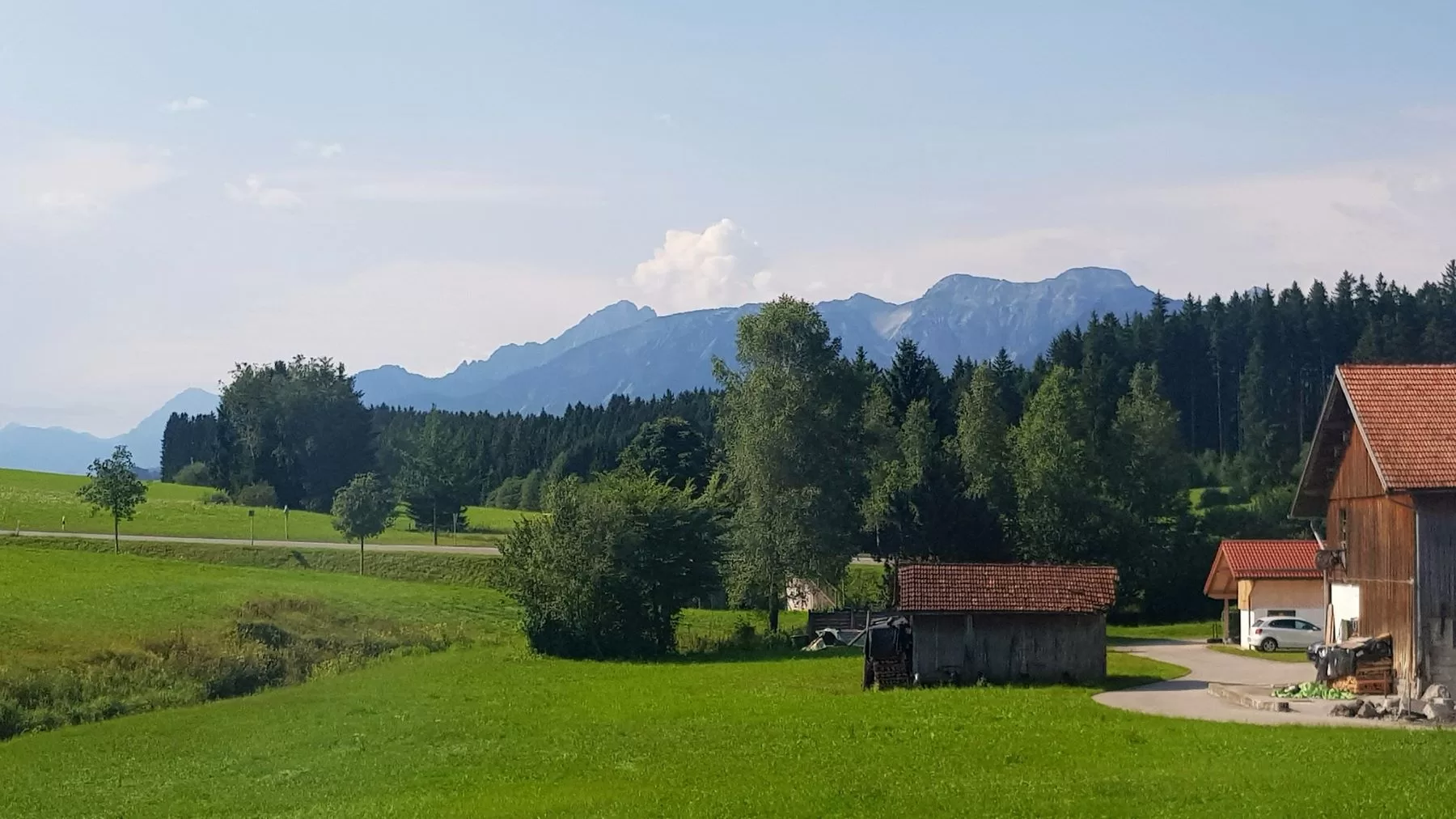Going Retro! This piece, one of the early columns of The Milk House, was published exactly 10 years ago.
*
My grandfather grew up in Germany during the second war. The eldest of a poor family, he was sent to work in other farmers’ fields in exchange for being fed that day. Many German farmers, including my great grandparents, lived above their animals. The barns had an upper floor where a family ate breakfast, prayed, and watched each other grow up while the cattle and horses milled below their feet. As the war progressed the Nazis knocked on the door and claimed the tractors as property of the state. Local farmers regressed to hooking plows to horses again, tediously trying to get to the fields before it became too late to plant. Later, the Nazis came again and took the horses by pointing a pistol at my grandmother. My family left the country in 1951.
My grandfather tells about the major land redistribution that occurred in Germany after the war. Instead of having houses and farms stretched along the countryside, areas were zoned into either agricultural or residential regions. As a result, everyone was moved to villages, separate from their fields. Where there was once just a lawn between them from their farm, there now may have been miles. Flying into Germany this organizational structure is apparent in the equidistant clusters of houses scattered along patchwork farmland. No one, as it quickly became evident, lived above their cows anymore.
My grandfather’s family moved to Western New York, where they borrowed money for three cows, a WC tractor and beans seeds, and after paying off their debt at the end of the season bought ten more cows. In Germany, however, farmers were getting used to town life. I don’t know what a German village would be like in the 50s, but if they were similar to what they are now the streets would be busy with Audis and bicycles passing each other, locals would be woken up every Monday by the scrap truck driving by and calling for old metal, and you could hear the sound of the blinds closing in the houses around you.
Although German towns are immaculately clean and well kept, I wonder how many farmers grew uneasy suddenly surrounded by lampposts and parked cars rather than rye fields and pastures. Physically separated from their farms, did it become more of a job instead of what they were brought up doing? Did they find themselves becoming more like the village people around them, instead of who they knew themselves to be in the solitude of their plows and cattle? Although I know the redistribution was an act of structural planning that is evident in all German decision making, I also wonder if the country was trying to forget the last decade by detaching themselves from their previous lives. I walked with my girlfriend Ann along the fields that belonged to her grandmother’s village. Most of them were small, no more than a few acres, and held wheat, corn and sometimes horses. On the way back to her grandmother’s house we passed a barn with a tall loft. The wood had faded gray and a few old tractors were parked inside. I asked her if this could have been the type of barn my grandfather grew up in. She said it was possible.
At home, there’s a lawn between our back porch and the front of our barn. In the winter we walk through it, packing the snow under our boots while a cup of coffee spills onto our gloves. In the spring, the snow on this path is the last to melt, preserving the cast of our footprints until they finally shrink away. When the grass emerges in the lawn the ground on the way to the milk house is already too worn to support any growth. When I walk this path from the house to the barn I imagine I can feel the space between a job and a lifestyle collapsing.
There are times when I’m reminded that the distance between the house and the barn is less than the length of the lawn: When I smell manure on my clothes at the kitchen table. When semen salesmen, seed vendors, and bill collectors knock on the door. When I open up the freezer and find a jug of colostrum. In dairy farming, what we do and what we are can be hard to separate. We don’t straighten our tie in the morning and pick up our professional lives on another street, in another town, nor leave our occupation in an office at 4 pm every day. We don’t bring our work home, but instead our work is our home. Our lives are informed by the cows that need to be milked, waiting on the other side of the lawn or right below our feet.
This article is part of The Milk House Column series, published in print across four countries and two languages. It can also be found at themilkhouse.org.
This article appeared in a similar form in Progressive Dairyman.
Ryan Dennis is the author of the novel The Beasts They Turned Away.
(Photo: Blondinrikard Fröberg)

